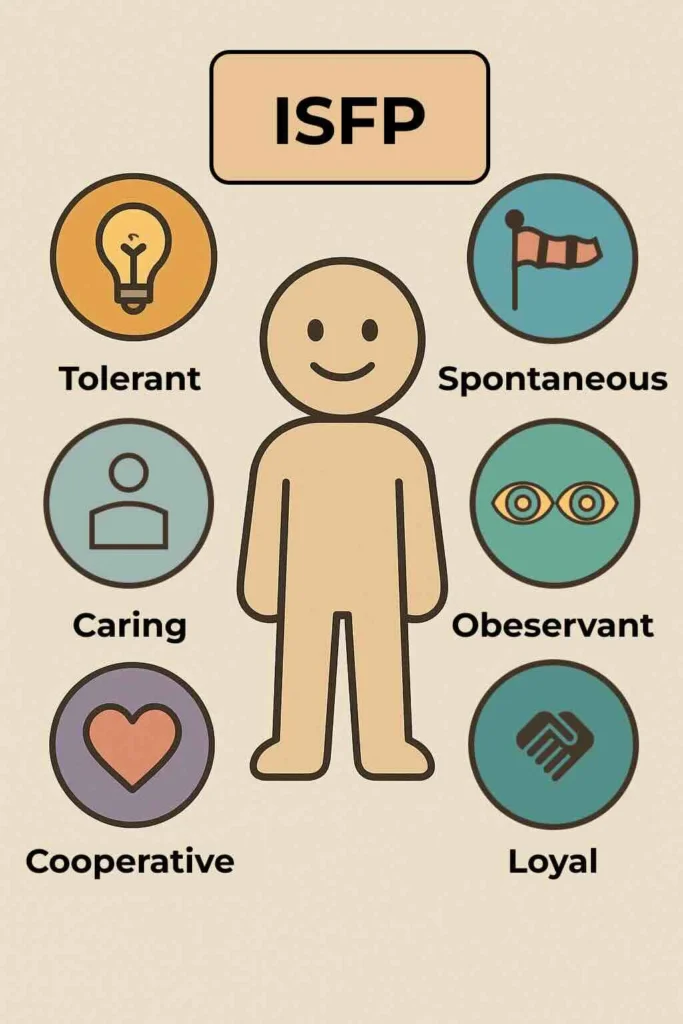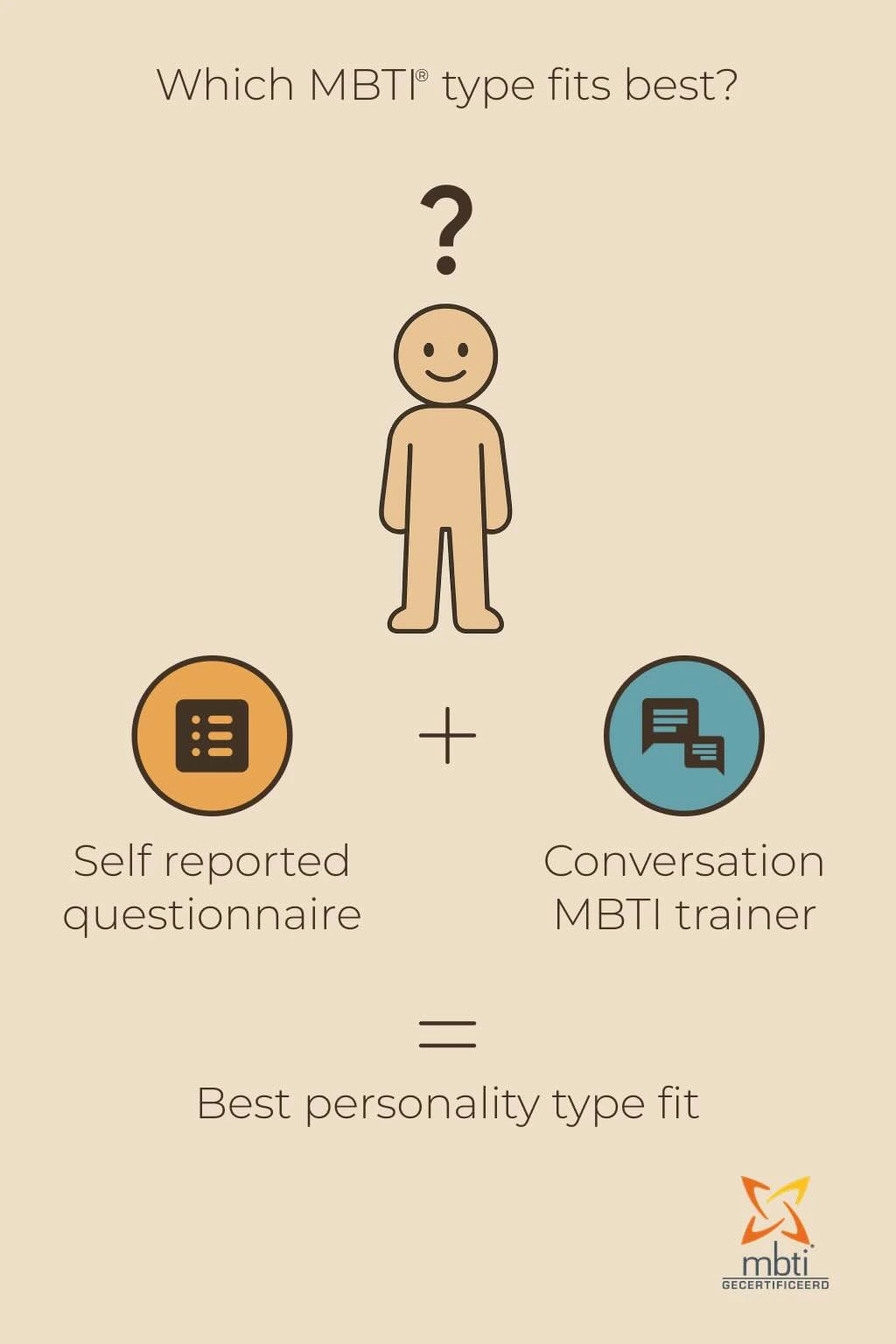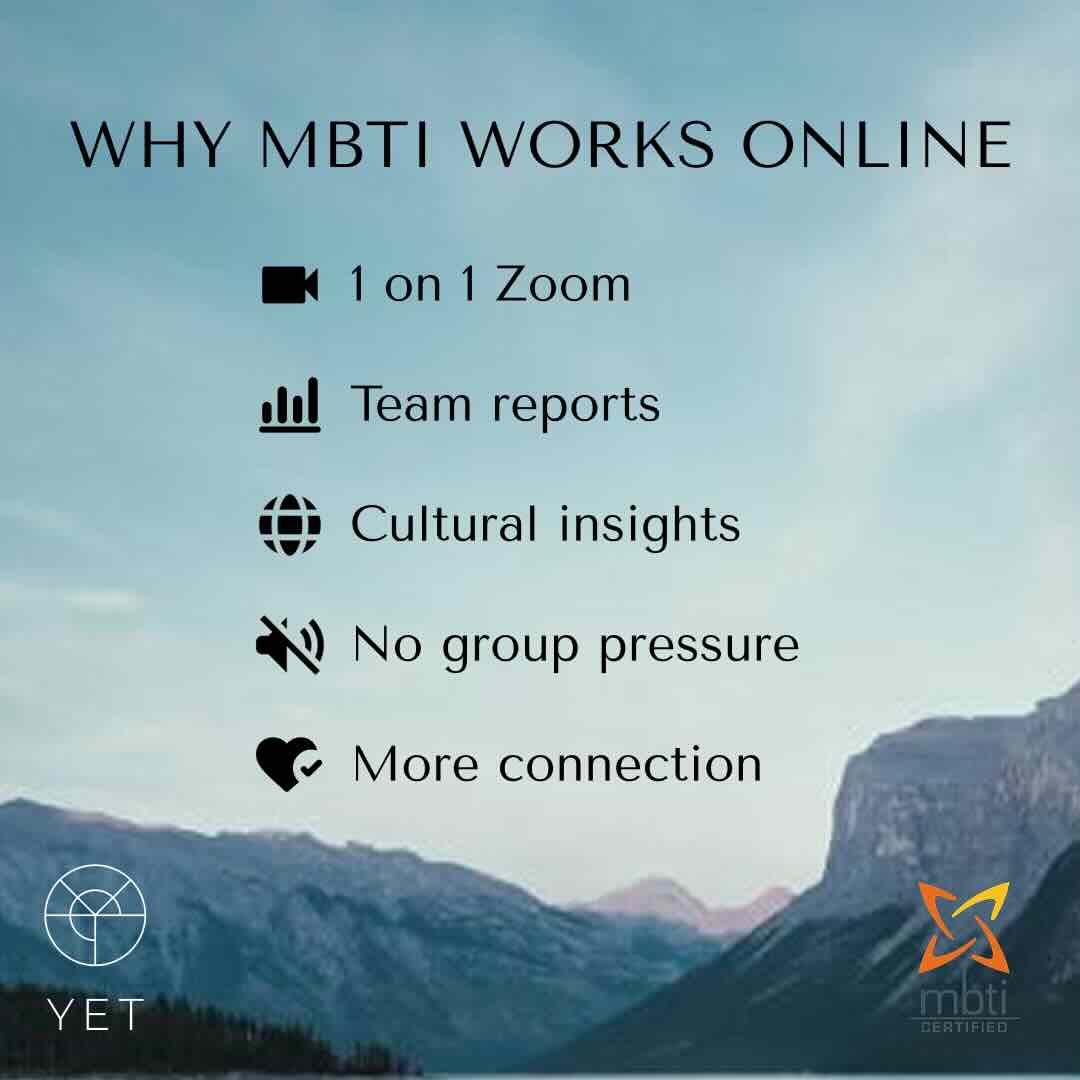ISFP Personality: The Versatile Supporter
In the MBTI® framework, ISFPs are often referred to as “The Versatile Supporter” for their artistic, compassionate, and deeply introspective nature. Known for their quiet kindness and love for authentic expression, ISFPs often bring a sense of peace and depth to those around them. Defined by their Introverted, Sensing, Feeling, and Perceiving preferences, ISFPs thrive on meaningful experiences and personal creativity.
This blog explores the core traits, strengths, challenges, and workplace dynamics of ISFPs, offering a deeper understanding of this thoughtful and creative personality type.
Core Traits of ISFPs
1. Introverted (I):
ISFPs recharge through solitude and reflection. They value meaningful connections but prefer intimate settings over large social gatherings.
2. Sensing (S):
Focused on the present moment, ISFPs have a keen appreciation for the sensory world. They notice details others often miss and enjoy experiences that engage their senses.
3. Feeling (F):
ISFPs are guided by their values and emotions. Empathy and harmony are central to their decision-making process.
4. Perceiving (P):
Flexible and spontaneous, ISFPs enjoy keeping their options open. They adapt easily to new situations and often thrive in unstructured environments.
Strengths of the ISFP Personality Type
1. Empathetic and Supportive:
ISFPs excel at understanding others’ emotions, offering a listening ear and genuine care.
2. Creative and Artistic:
They have a natural ability to express themselves through art, music, or other creative outlets.
3. Adaptable and Open-Minded:
ISFPs embrace change and are open to exploring new ideas and experiences.
4. Appreciative of Beauty:
Whether in nature, art, or everyday life, ISFPs find joy in the beauty around them.
5. Loyal and Reliable:
Though reserved, ISFPs are deeply committed to their values and relationships.
Challenges and Growth Areas for ISFPs
1. Conflict Avoidance:
ISFPs dislike confrontation and may struggle to address conflicts directly.
Growth Tip: Practice asserting your needs in a kind but firm manner.
2. Difficulty with Long-Term Planning:
Living in the moment can make long-term goals challenging.
Growth Tip: Break goals into smaller, manageable steps and set reminders to stay on track.
3. Overwhelmed by Criticism:
ISFPs may take negative feedback personally.
Growth Tip: Focus on the constructive aspects of feedback to foster growth.
4. Indecisiveness:
Their desire to keep options open can lead to delays in decision-making.
Growth Tip: Set a deadline for decisions to maintain momentum.
5. Tendency to Withdraw:
ISFPs may retreat when stressed, avoiding others or responsibilities.
Growth Tip: Identify stress-relief activities that help you re-engage with your environment.
ISFPs in the Workplace
ISFPs thrive in roles that allow for creativity, autonomy, and a focus on helping others. They excel in environments that are calm, supportive, and aligned with their personal values.
Ideal career paths for ISFPs include:
– Art and Design: Creating visual or functional art that expresses their perspective.
– Healthcare and Counseling: Providing empathetic care and support to others.
– Education and Training: Inspiring and guiding others in a patient and thoughtful manner.
– Environmental Work: Advocating for and protecting nature.
– Animal Care: Caring for animals in veterinary or rescue settings.
In team settings, ISFPs are appreciated for their cooperative attitude, emotional insight, and ability to approach tasks with a unique perspective.
ISFPs in Personal Relationships
ISFPs are warm, gentle, and deeply caring partners. They express their love through actions rather than words, creating thoughtful and meaningful moments. While they may find it challenging to discuss their feelings openly, their loyalty and dedication shine through in their actions.
Conclusion: Celebrating the ISFP Personality
ISFPs bring warmth, creativity, and a deep appreciation for life’s subtleties to every situation. By embracing their strengths and addressing growth areas, ISFPs can continue to inspire others and enrich their world with beauty and compassion.
Read more about the ISFP personality type in a cultural context:
Read more about the ISFP in a cultural context here.
Read more about the ISFP personality type on our Instagram page:

FAQs About the ISFP Personality Type
1. How do ISFPs handle stress?
Under stress, ISFPs may withdraw or feel overwhelmed by emotional intensity. Activities like spending time in nature or engaging in creative hobbies help them recharge.
2. What are ISFPs like in relationships?
ISFPs are devoted and caring partners who prioritize harmony. They value shared experiences and meaningful connections.
3. How many ISFPs are there in the world?
ISFPs make up approximately 6-9% of the population. While they may prefer staying out of the spotlight, their kindness leaves a lasting impression.
4. Are there more women or men who are ISFPs?
ISFPs are slightly more common among women, though they are well-represented across all genders.




